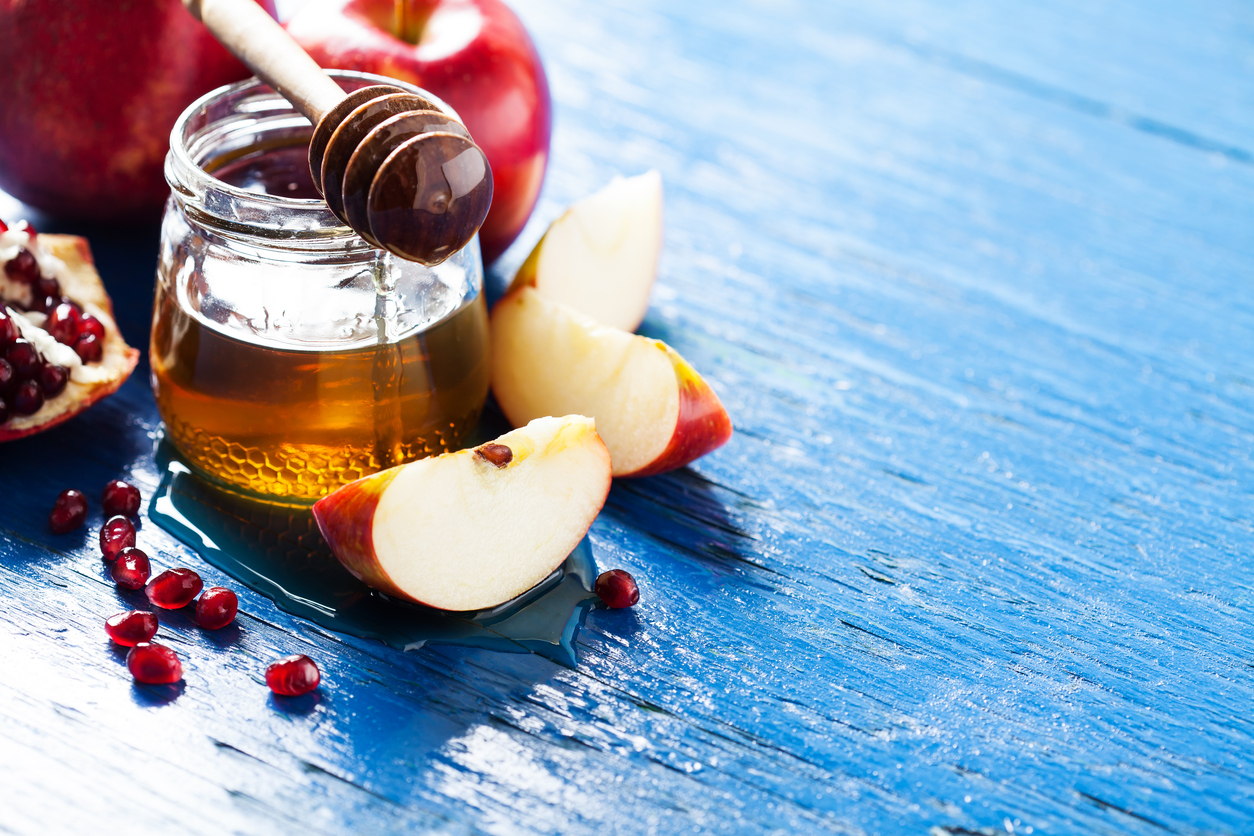New Zealand has historically had a conservative approach to gene editing, but embracing gene editing technology could allow us to create disease-resistant mānuka honey and remove certain allergens from milk, a new Royal Society Te Apārangi paper says.
Panel member Dr Phil Wilcox, a statistician from the University of Otago told Kate Hawkesby “the whole point of this exercise was to… help inform public decision making about whether or not we should be using these technologies, and under what circumstances.”
The scientists involved acknowledge that many members of the public are wary of genetic modification and Dr Tony Conner, science group leader at AgResearch, told Stuff: “The difficulty with public perceptions of any genetic technology is that it tends to be skewed in favour of the worst-case scenario, even when there is no real evidence of harm.”
The SMC gathered expert reaction on the report. The report itself was covered widely by local media, including:
RNZ: Gene editing: risks and opportunities
NZHerald: Could gene editing boost NZ primary industries?
Stuff.co.nz: Time to embrace gene editing technology, scientists say
NewstalkZB: New research prompts fresh debate over genetic modification
Newsroom: To GE or not to GE
The Spinoff: Don’t be scared: the scientists calling for genetic modification in New Zealand
RNZ: NZ needs to embrace gene editing technology – scientist
NewstalkZB: Gene editing could make plants disease resistant
